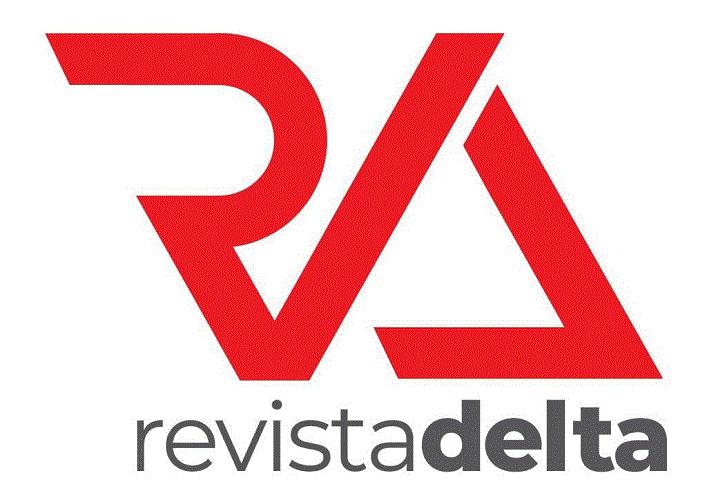In kadiwéu, a Waikurúan language, the person of the object affects agreement as well as constituent order. The verb must be marked by a relational morpheme if the internal argument is first or second person, and a person agreement morpheme appears according to the 1plOBJ>2>1>3 hierarchy. Moreover, first/second person internal arguments must precede the verb (OV order, the relational is marked) but third person internal arguments follow it (VO order, no relational marker). This work presents the claim that the so-called relational morpheme is an agreement morpheme. According to this view, it is an impoverished morpheme that marks agreement with a dislocated internal argument. More specifically, this work claims that kadiwéu person agreement prefixes are TP agreement, whereas the so-called relational is vP agreement reversed to [-author, -participant]. This work develops Rodrigues's (1990)RODRIGUES, Aryon D. 1990. You and I = neither you nor I: the personal system of Tupinambá. In: PAYNE, D. (ed.) Amazonian Linguistics studies in lowland South American languages. Austin: University of Texas Press. ideas on person neutralization.
Relational morpheme; agreement; person hierarchy; feature empovireshment
